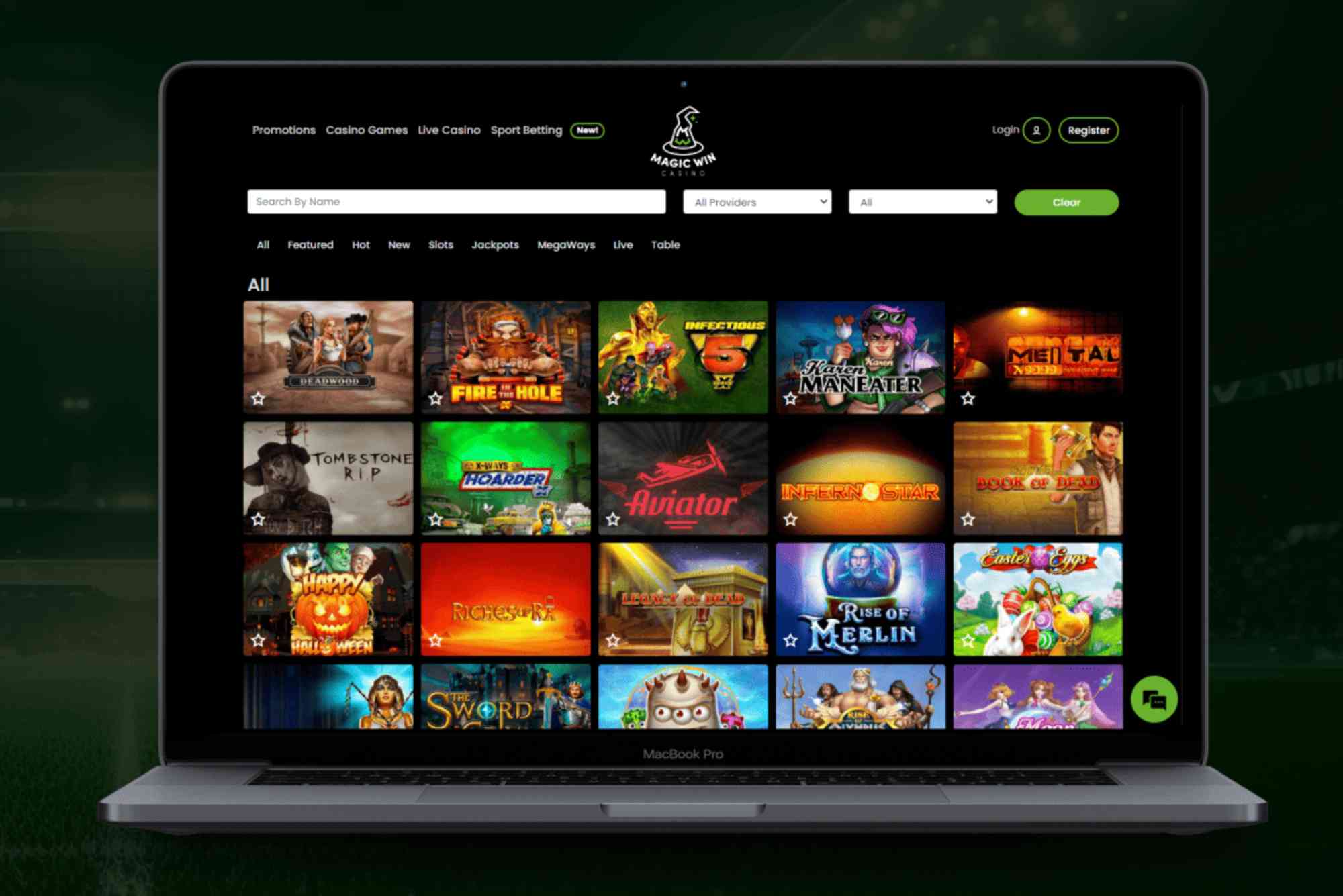Sports betting is as much about discipline as it is about knowledge of the game. Many new bettors assume that success comes down to predicting outcomes, but the truth is that managing your bankroll is what ultimately separates recreational players from long-term winners. Whether you’re betting on football, tennis, horse racing, or emerging esports markets, bankroll management is the invisible foundation behind every sustainable betting strategy.
From my own perspective and countless stories shared by seasoned bettors, it’s clear that bankroll management is not just a side practice; it’s the lifeline of responsible gambling. Let’s take a closer look at how bettors sustain their bankrolls over weeks, months, and even years of active betting.
Setting the Initial Bankroll
The first step for any bettor is defining their bankroll. This isn’t just the cash in their wallet or funds in their bank account; it’s the specific amount of money they set aside exclusively for betting. Successful bettors treat this like an investment fund. It’s separate from household expenses or savings, and once it’s allocated, they don’t mix it with personal finances.
When exploring new betting sites, having a defined bankroll is even more crucial. The offers and promotions can be tempting, but without a structured budget, it’s easy to overspend. Smart bettors start with a fixed amount they’re comfortable risking — whether that’s £100 or £5,000 — and they size their bets accordingly. This clarity helps ensure that betting remains entertainment, not financial strain.
Understanding Unit Size and Staking
Once a bankroll is set, the next challenge is deciding how much to wager per bet. This is where the concept of “unit size” comes into play. A unit is typically a small percentage of the total bankroll, often 1% to 2%. For example, a bettor with a £1,000 bankroll might make each bet worth £10 to £20.
This approach creates consistency. Even if a losing streak occurs, the bettor won’t burn through their entire bankroll in a matter of days. Instead, the bankroll stretches further, giving more chances for the natural ups and downs of sports betting to even out. Serious bettors also adjust their unit sizes as their bankroll grows or shrinks, which helps them adapt to real-world fluctuations.
Avoiding Emotional Betting
Perhaps the biggest bankroll killer is emotional decision-making. Many bettors fall into the trap of “chasing losses,” increasing their stakes dramatically after a losing bet in an attempt to recover quickly. While this can occasionally pay off, over time it almost always depletes a bankroll.
Disciplined bettors view their bankroll like a business budget. Losses are part of the process, just as expenses are part of running a company. Instead of doubling down out of frustration, they stick to their unit size, focus on value bets, and trust the long-term math of their strategy. Emotional betting feels exciting in the short term but erodes bankroll stability in the long run.
Tracking Bets and Performance
One of the most underrated tools in bankroll management is simple record-keeping. Bettors who track their wagers gain insights into which sports, leagues, or bet types they perform best with. A spreadsheet or betting tracker can reveal trends that the bettor may not notice in the heat of the moment.
For example, a bettor may discover that they consistently profit from underdog picks in football but lose more often on tennis matches. With this knowledge, they can reallocate their bankroll to the areas where they’re strongest. Over time, this refinement improves profitability and prevents wasted bets.
Using Bonuses and Promotions Wisely
Sportsbooks frequently offer deposit bonuses, free bets, and loyalty rewards to attract players. While these can boost a bankroll, they often come with terms and conditions such as rollover requirements. Experienced bettors don’t ignore promotions, but they also don’t let them dictate their strategy.
For example, a free bet might be best used on a higher-odds wager where the upside is greater, while a reload bonus might allow a bettor to expand their unit size temporarily. The key is treating bonuses as supplements to a strategy rather than as excuses to place reckless bets.
Managing Bankroll Across Multiple Accounts
Another tactic many bettors use is spreading their bankroll across several sportsbooks. This not only provides access to better odds but also diversifies risk. By holding smaller amounts of money in each account, they protect themselves from operator issues, payment delays, or sudden account restrictions.
Moreover, using multiple accounts helps bettors shop for value. Even a small difference in odds — say 2.0 versus 2.05 — can add up significantly over hundreds of wagers. In the long run, consistently finding the best lines is as much a part of bankroll management as deciding how much to wager.
Building Discipline Over the Long Term
Ultimately, bankroll management is less about complex formulas and more about discipline. Bettors who thrive over time do so because they respect their limits. They don’t risk more than they can afford, they don’t let short-term outcomes dictate their strategy, and they treat their bankroll like a finite resource that must be preserved.
This long-term mindset allows bettors to weather losing streaks without panic and enjoy winning streaks without overconfidence. Over time, their bankroll becomes not just a financial tool but a reflection of their consistency, patience, and strategic approach.
Conclusion
Sports betting is full of excitement, unpredictability, and opportunity. But beneath all the thrill lies a practical truth: without bankroll management, even the most knowledgeable bettor is likely to fail. By setting clear budgets, sticking to unit sizes, avoiding emotional swings, and leveraging data, bettors can sustain their bankrolls and maximize their chances of long-term success.
The game is not about one lucky weekend or one massive payout — it’s about staying in the game for years, learning from experience, and growing steadily. Bankroll management may not be the most glamorous aspect of sports betting, but it’s unquestionably the most important.








